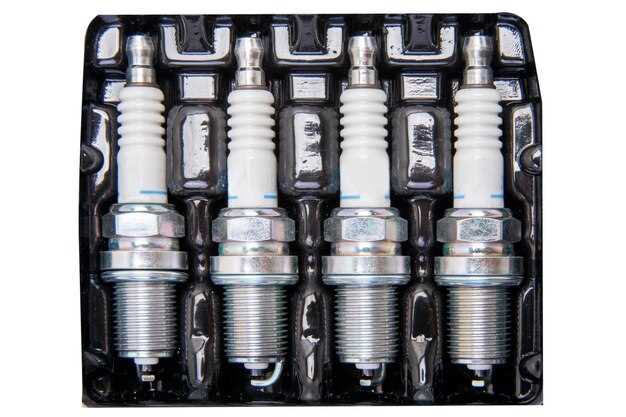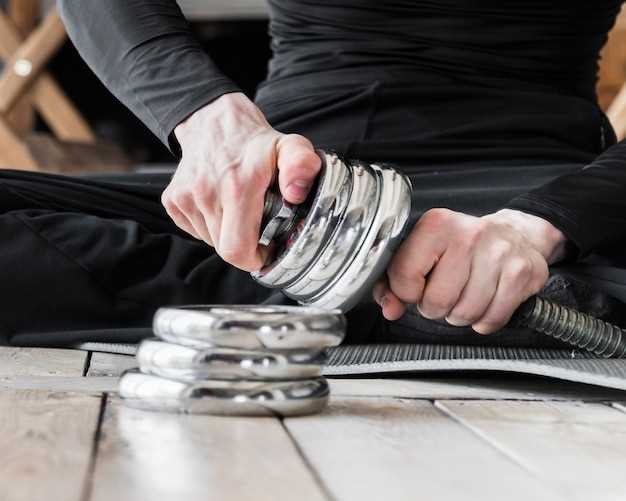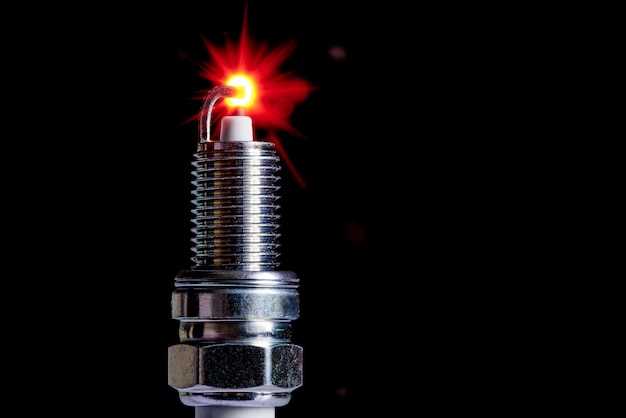
When it comes to maintaining optimal performance in your BMW, the selection of the right spark plugs is crucial. These small yet powerful components play a vital role in your engine’s functionality by igniting the air-fuel mixture, driving the combustion process, and ultimately powering your vehicle. Understanding the specifications and types of spark plugs available can make a significant difference in how your engine performs and responds.
Choosing the appropriate spark plugs for your BMW can enhance fuel efficiency and ensure a smooth, efficient engine operation. Each model comes with specific requirements, which can vary not only from one generation of BMWs to another but also between different engine types within the same model. Therefore, it is essential to prioritize compatibility with your vehicle’s engine to achieve the best results.
Additionally, high-quality spark plugs can help prevent misfires, reduce emissions, and extend the lifespan of your engine components. In this article, we will explore the various factors to consider when selecting spark plugs for your BMW, including heat range, material composition, and gap size, to ensure that you make an informed choice for the heart of your vehicle–the engine.
Understanding BMW Engine Requirements for Spark Plugs

When selecting spark plugs for your BMW, it’s crucial to understand the specific requirements of the engine. Each BMW model has distinct engine characteristics that dictate the type of plugs needed for optimal performance.
The spark plugs in a BMW engine must match the engine’s design and combustion process. BMW engines are engineered for precise ignition timing and fuel efficiency, making the choice of spark plugs a vital factor in overall engine performance.
Many BMW engines utilize high-performance materials and advanced ignition systems, which necessitate the use of premium spark plugs. These plugs are designed to withstand higher temperatures and pressures, ensuring reliable operation under demanding conditions.
The recommended gap size also varies by engine model. A properly calibrated spark plug gap is essential for achieving the correct spark ignition. An incorrect gap can lead to misfires, reduced fuel efficiency, and degraded engine performance.
Furthermore, BMW engines often require specific heat ranges in their spark plugs to prevent pre-ignition and engine knock. It’s imperative to refer to the manufacturer’s specifications when replacing plugs to ensure compatibility.
In summary, selecting the appropriate spark plugs for your BMW is essential to maintain the integrity of the engine. Understanding the unique requirements of your BMW engine will help you choose the right plugs, ensuring optimal performance and longevity.
Identifying the Best Spark Plug Brands for BMW Models
When it comes to maintaining optimal engine performance in your BMW, selecting the right spark plugs is crucial. The choice of spark plug can significantly influence ignition efficiency, fuel economy, and overall engine reliability. Several brands stand out for their quality and compatibility with BMW models.
Bosch is a well-respected name in the automotive industry, renowned for producing high-quality spark plugs designed specifically for BMW engines. Their platinum and iridium options offer enhanced longevity and improved performance, ensuring a strong spark and optimal combustion.
Denso is another prominent brand that provides reliable spark plugs for BMW vehicles. Their iridium plugs are known for their exceptional conductivity and durability, allowing for better fuel efficiency and smoother engine operation. Moreover, Denso plugs are engineered to fit various BMW models, making them a versatile choice.
NGK is a leading manufacturer recognized for its advanced spark plug technology. Their products are widely used in high-performance applications, and their spark plugs for BMWs feature unique designs that cater to the specific requirements of different engine configurations. NGK plugs are engineered to deliver consistent sparks, contributing to enhanced acceleration and reduced emissions.
Beru is less known but equally vital, producing high-quality spark plugs that meet OEM specifications for BMW models. Their products are favored for their reliability and performance, particularly in high-stress driving conditions. Beru spark plugs provide excellent thermal performance, ensuring efficient combustion over the lifespan of the engine.
When selecting spark plugs for your BMW, consider factors such as the specific engine model, driving conditions, and maintenance preferences. Always consult your vehicle’s manual for the recommended specifications and ensure that the spark plugs you choose are compatible with your particular BMW engine type. By opting for reputable brands, you can enhance your vehicle’s performance, longevity, and overall driving experience.
Maintenance Tips for Optimizing Your BMW Spark Plug Performance

To ensure optimal performance of your BMW’s spark plugs, regular maintenance is essential. Start by checking the spark plugs for signs of wear or damage. Look for carbon buildup, burning, or electrode erosion. If you notice any of these issues, it’s time to replace the plugs.
Next, ensure that the spark plugs are correctly gapped. The gap affects ignition efficiency and engine performance. Refer to your BMW’s manual for the recommended gap size, and use a gap tool to adjust if necessary. Maintaining the correct gap can enhance fuel combustion, resulting in better fuel economy and engine power.
Examine the ignition system as a whole. Weak ignition coils can lead to inadequate energy reaching the spark plugs, making them work harder and decreasing their lifespan. Test the ignition coils regularly and replace them if they show signs of failure.
Regularly clean the ignition area. Dirt and debris can accumulate around the spark plugs and lead to misfires or poor performance. Use a vacuum or compressed air to remove any contaminants before removing the plugs for inspection or replacement.
Incorporate high-quality fuel and consider fuel additives to keep the engine clean. Quality fuel reduces deposits inside the combustion chamber, which helps maintain spark plug efficiency. Avoiding low-quality fuels and additives can significantly extend the life of your spark plugs.
Finally, adhere to the manufacturer’s recommended maintenance schedule for spark plug replacement. Depending on the type of plugs and your driving habits, this interval can vary. Regularly replacing worn plugs can prevent engine problems and ensure your BMW operates smoothly.



